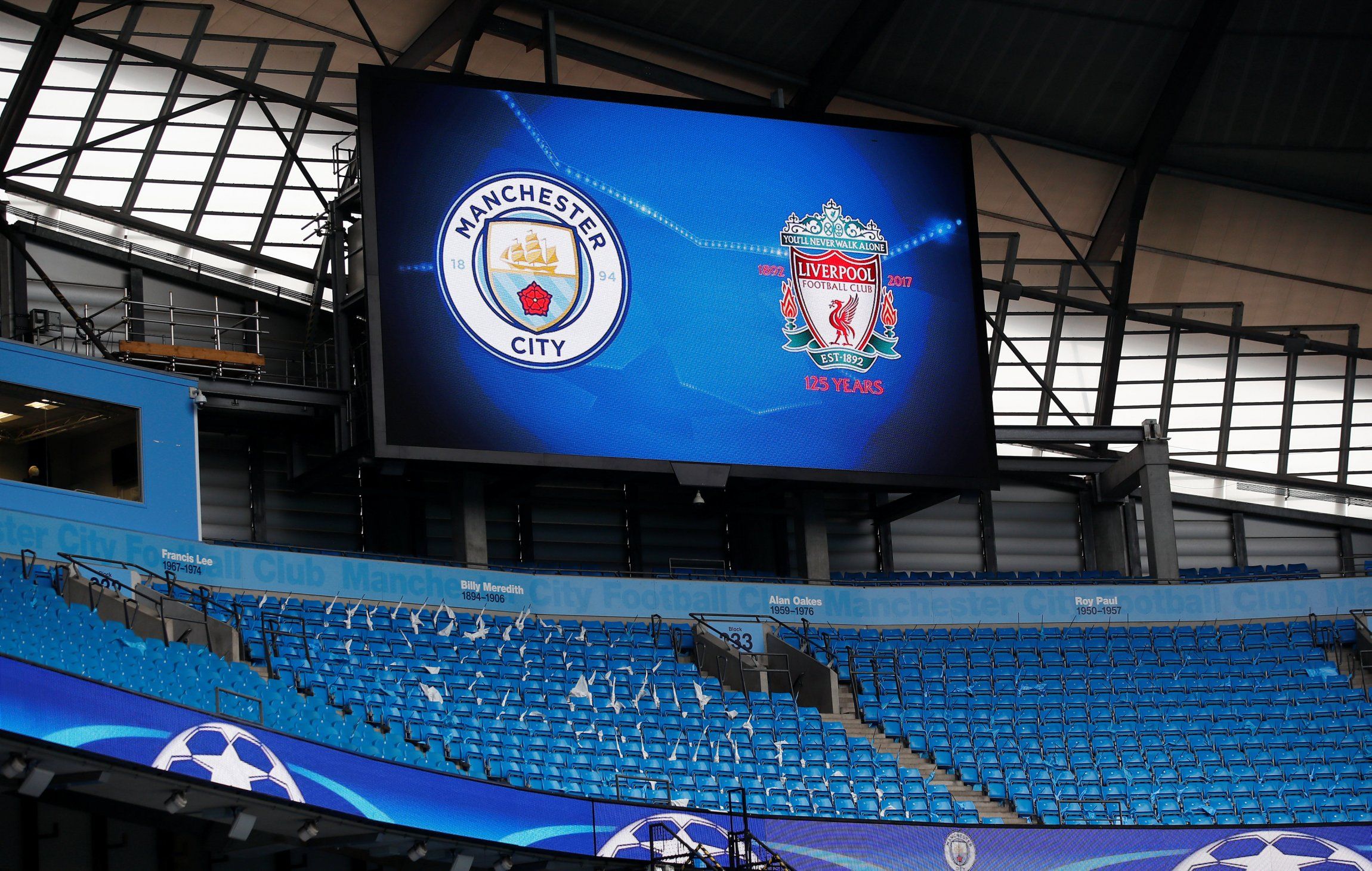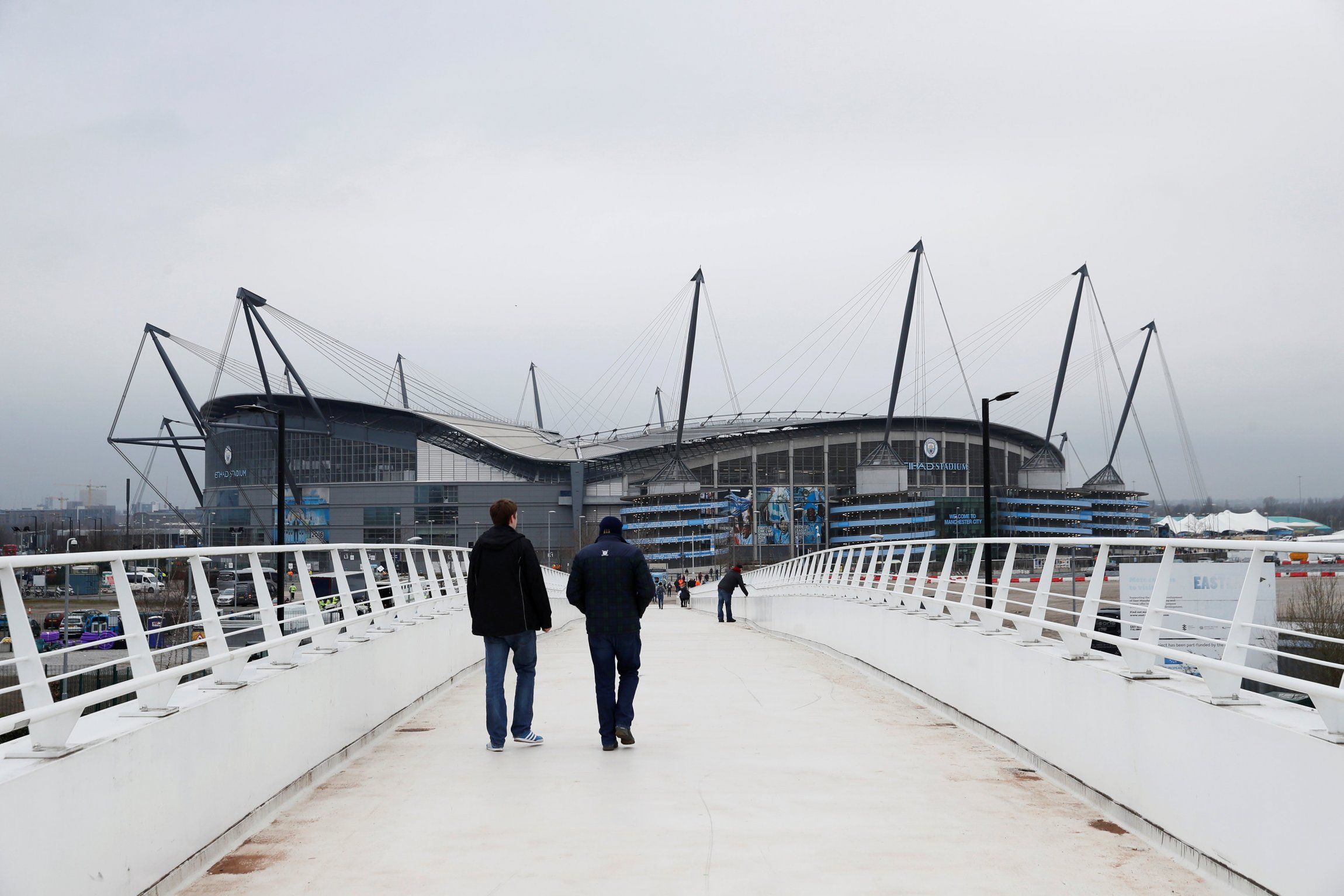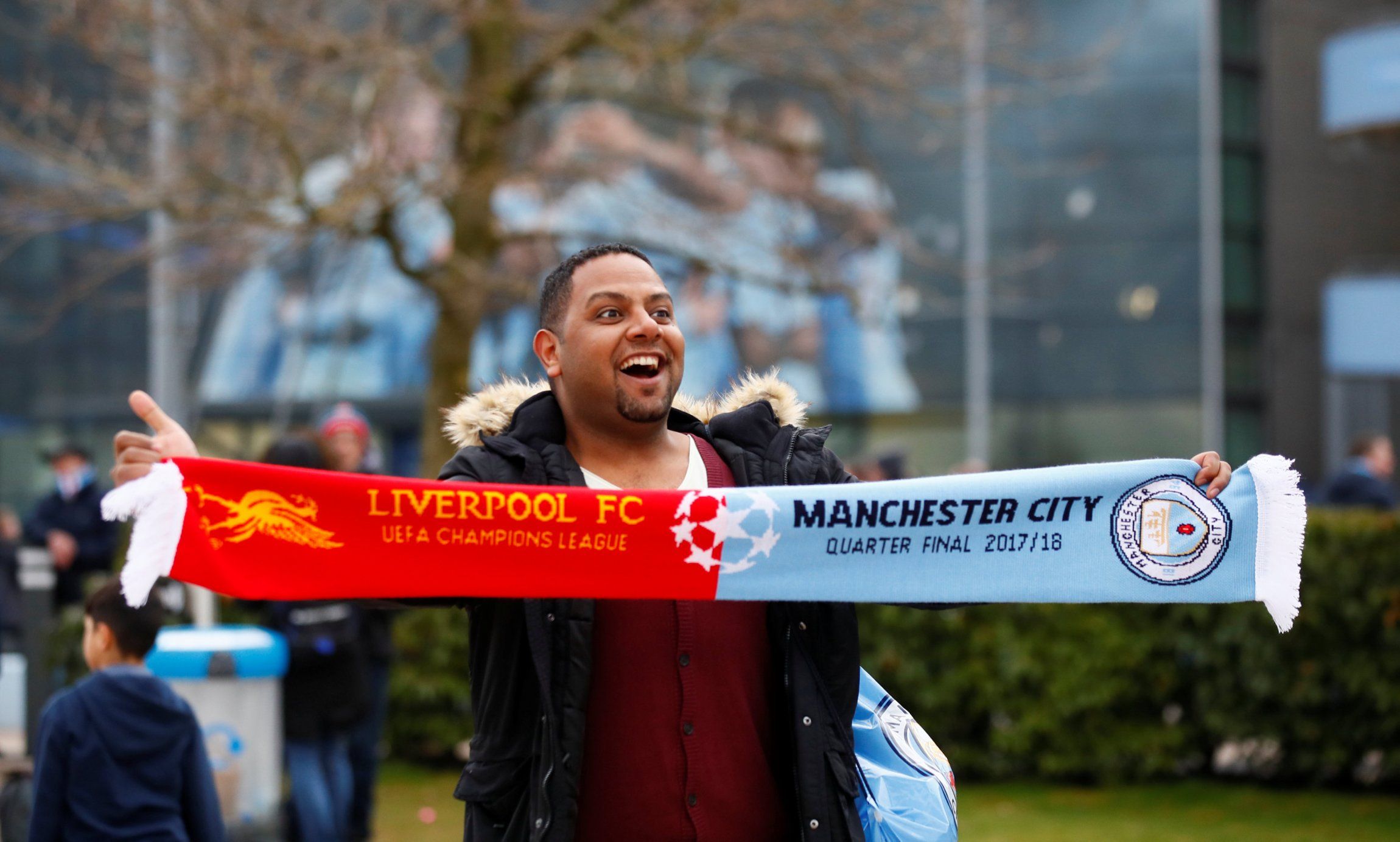There is a contradiction at the heart of long distance fandom that is difficult to square. On the one hand should you support a club situated hundreds of miles away or in another country entirely you are open to all manner of lazy accusations that place your authenticity in doubt and if your team happens to be successful then those accusations become outright dismissive. You are a ‘glory-hunter’. To the particularly callous you are a ‘plastic’.
Yet the very same reasons why long distance support is looked down on from some quarters can just as easily be regarded as being thoroughly commendable. The responsibility of following a particular team was not bestowed upon that person either through family inheritance or locality. There is no obligation to display such loyalty. A long distance fan chooses to sacrifice his or her sanity at the altar of that side. They choose to have their sleep pattern knocked sideways to stream a game in the middle of the night. They choose to endure the slings and arrows that come from a club allegiance and all while feeling frustratingly disconnected due to geography.
And when that supporter goes the extra thousand miles and attends the matches any prejudices they encounter is surely all the more erroneous.
Malcy began supporting Manchester City in the early 90s after going to university in the area. For 20-plus years he was a season ticket holder who would travel down from Scotland for every home game and moving to Sweden six years ago wasn’t going to deter him from watching his beloved blues. Which means that these days his regular trips to the Etihad necessitates flights – including transfers – and sometimes a sleep-over on his friend’s sofa and for all this it’s rare that he will see any change from five hundred quid.
For such devotion to the cause it is not uncommon however to have his credibility as a City fan questioned.
“I sometimes get asked “are you one of the new fans?” by blues or fans of other clubs, probably because of my lack of Mancunian accent. It doesn’t take long to put that one to bed though.”
Conversations with Liverpool, Manchester United and City fans based in Ireland meanwhile reveal a similar breakdown of cost, time and inconvenience that amounts to heroic dedication. Countless hours of travel, hotel stays, and wallet-shrinking fortunes being spent is the norm and that’s before we get to rearranged kick-off times throwing days of careful organisation into expensive disarray.
In the hyper-opinionated orbit of modern football there are a great many aspects that confound but perhaps nowhere is sheer unfairness more evident than in the negative perception reserved for overseas supporters such as the above. Liverpool are mocked for hosting a number of Scandinavian fans while Reds from across the world are derided as being ‘day-trippers’ for flying over to Old Trafford and so often the originator of the belittlement is less familiar with the ground in question but simply lives closer to it.
In researching this article discussions took place on social media and across various forums and though it was almost entirely civilised and respectful. Here, without any judgement whatsoever, are some of the more disparaging comments posted concerning long distance fans:
“Anyone who ‘chooses’ a team isn’t a real fan, more a customer.”
“I just can’t get my head around supporting a team you have no connection to that play miles away just because they were winning things when you grew up. Surely the bond you have with your football club stems from local pride?”
“The difference between a lad from Hull supporting Liverpool and a Thai supporters group that are mocked on social media is simply distance.”
“I detest what I call glory hunting fans from different places who have no connection what so ever to the team they’re supporting. I’ve no time at all for cockney reds and northeast folk supporting Liverpool.”
It should be noted that the vast majority of respondents wholeheartedly appreciated the sacrifices and commitment undertaken to support a club from afar but equally perhaps it is all too easy to pigeonhole the more sceptical as being prejudiced in some way. The global branding of the Premier League has resulted in genuine causes for resentment emerging from localised support as tickets become scarcer to secure not to mention the widely held suspicion that clubs now prioritise overseas fans due to their propensity to spend more.
It can be immensely annoying too, no matter how you feel on the subject matter, to see your club mocked with a hackneyed stereotype from a rival fan whose Twitter bio and location suggests that the misnomer has been sourced second-hand and from a position of ignorance.
Countering this, several long distance fans were keen to point out how extremely lucky local supporters are to have the ground on their doorstep requiring the minimum of effort to watch their team in action. Granted this additionally makes derby defeats all the more visceral and harder to endure on a Monday morning should you live in the area but it also follows that those who reside elsewhere have less rivals to gloat to in the workplace following a derby win. As Felix from Germany puts it - “I always have to celebrate alone and I have no person to share my passion in real life”.
It is unquestionably a huge boon to feel emotionally connected within a club’s catchment area and more so to be able to get home in time for the X-Factor after a Saturday kick-off. Others meanwhile begin car journeys that don’t end past midnight, or head for the airport, or go back to bed for a couple of hours prior to feeling like a zombie for the next 24 - and all while feeling detached again from their obsession and relying on the internet for vicarious connection.
In wrestling this topic down, that appears to be the nub of the issue: local fans should feel fortunate to reside in the same postcode as their heroes, with all the benefits that brings, only some do not. Some instead feel entitled.
Sadly this entitlement is becoming more prevalent largely due to the aforementioned global branding of the game and social media making a big world smaller. It has even made itself known at games with Manchester City supporters recently turning on their own at Chelsea asking ‘where have all the Mancs gone?’
At that match Stuart from Hampshire was accosted by a fellow blue outside the stadium who demanded to know how he’d accrued the necessary loyalty points for a ticket given that he had no northern accent.
Our attitude towards long distance fans used to be so different back in the day when it was commonplace for supporter’s groups visiting from overseas to be paraded on the pitch prior to kick-off and given hearty applause for their dedication. Now resentment seems to be increasingly on the rise.
Surely though such exclusivity has no place in a modern game that has a significant impact far beyond injury updates in local newspapers and office one-upmanship. In writing this a quote from The Stone Roses’ singer Ian Brown kept coming to mind - It is not where you’re from, it’s where you’re at: and if you’re chewing your fingernails down to the quick at three o’clock on a Saturday afternoon you’re a fan regardless of location.
The sentiments of Cliff from America linger. “I am in California and I feel Manchester City fans in Manchester might be a bit more connected then me by going to the games. But I live and die with every win or loss. I bleed Blue and am clued in on everything City."
Another comment, this time from a forum, also resonates - “How lucky you are to fall out of bed and stroll up to our ground when you feel like it and sneeringly dismiss those of us not blessed to be born within peeing distance of the pitch.”
[brid autoplay="true" video="253276" player="12034" title="Watch Man City's record breaking Premier League season in quotes"]



